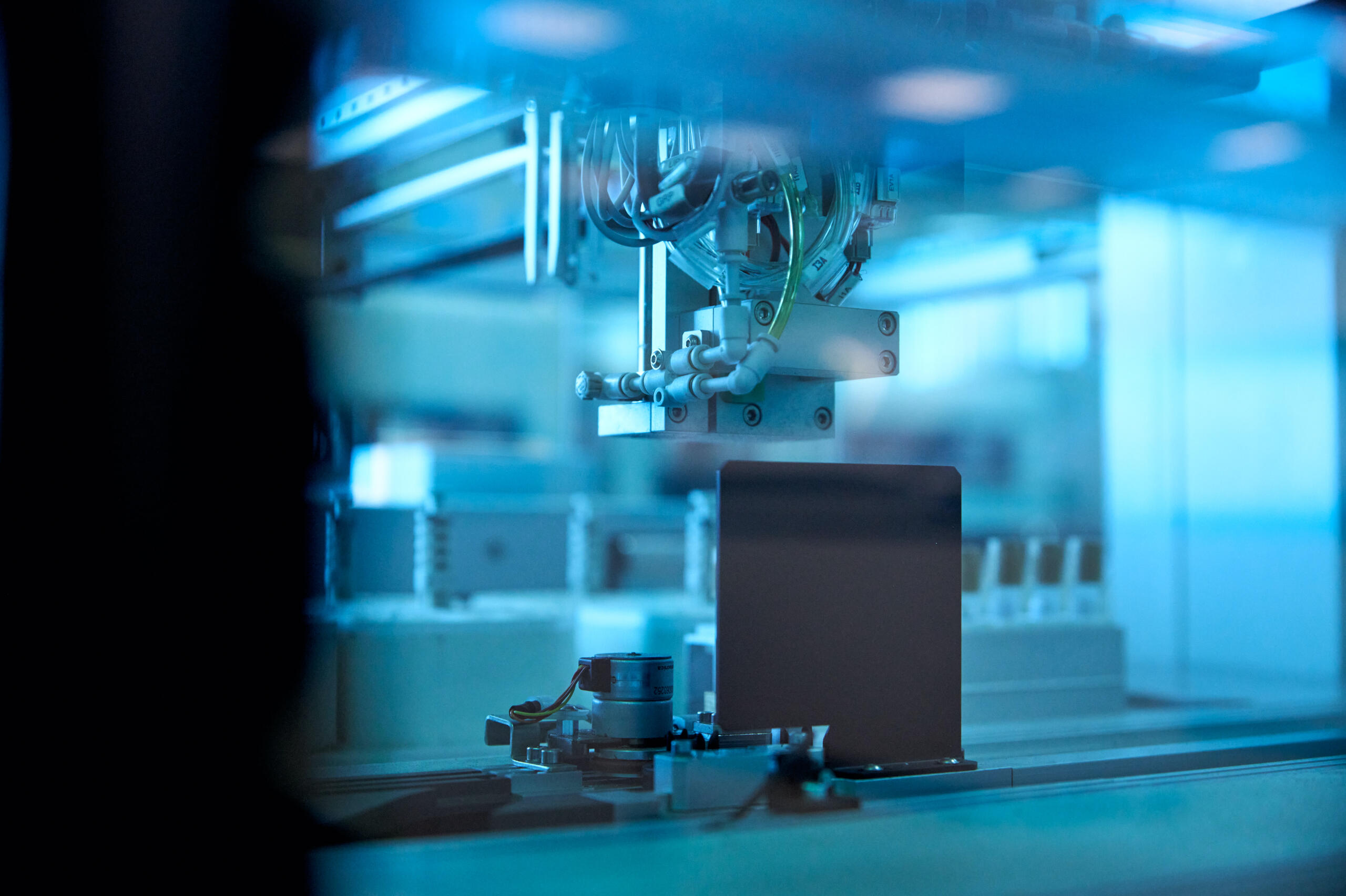
Unlocking the World of Rare Molecules
Pioneering Sustainable Manufacturing of Rare Molecules for Global Distribution. Our state-of-the-art processes combine cutting-edge biotechnology with environmental consciousness, ensuring the highest quality while preserving our planet.

What Is Biosynthesis?
Biosynthesis is a complex process that utilises living organisms, energy and raw materials to create organic compounds from simpler substances. This occurs through a series of enzymatic reactions, where simple compounds are converted into more complex ones. It is a vital process in life, contributing to the growth, reproduction, and maintenance of life in all organisms.
What Are The Benefits Of Using Fermentation to Manufacture Molecules?
The use of fermentation in manufacturing molecules brings about several benefits. Firstly, it can generate complex molecules that are difficult or expensive to produce using traditional methods. Fermentation processes can be
optimised to yield high quantities of the target molecule, making it a cost-effective manufacturing solution. Secondly, it allows for the production of naturally derived molecules in their purest form, which can have advantages in sectors like pharmaceuticals and cosmetics.Lastly, fermentation processes can be controlled and scaled up, making them suitable for large-scale industrial production. Therefore, fermentation-based biosynthesis is a powerful tool in manufacturing, combining efficiency, sustainability, and the capability to reliably produce a wide
range of valuable molecules.
How Does It Benefit The Environment ?
Biosynthesis can offer significant environmental benefits. Traditional manufacturing processes often require harsh chemicals and can generate harmful waste. In contrast, biosynthesis uses organisms like bacteria or yeast, which can convert raw materials into desired products in a cleaner and more efficient manner. As a result, biosynthesis
reduces the environmental footprint of manufacturing by minimising waste and decreasing the use of hazardous materials. Furthermore, it often uses renewable resources as raw materials, promoting sustainability.
What Does The Science Say?
The science behind biosynthesis and fermentation is robust and well-established. Fermentation, a specific type of biosynthetic process, is a metabolic pathway that breaks down sugar in the absence of oxygen. It's been harnessed by humans for thousands of years in food and drink production - for example, in brewing beer and making bread. In the context of biotechnology, scientists have learned to leverage fermentation to produce a wide variety of substances, from biofuels to pharmaceuticals. Recent scientific advances have allowed for the engineering of microorganisms, such as bacteria and yeast, to perform biosynthesis and fermentation in new and more efficient ways.Scientists can now modify the genetic code of these organisms to produce specific molecules, including rare or complex ones that would be difficult to manufacture using traditional chemical synthesis or extract from organic raw materials. This is often more efficient and environmentally friendly than traditional methods, which can require high temperatures, high pressures, or toxic solvents.Science also supports the environmental benefits of biosynthesis and fermentation. Studies have shown that these processes can reduce the environmental impact of manufacturing by using renewable resources, reducing waste, and avoiding the use of harsh chemicals all while allowing for the efficiency and scalability that makes them
suitable for a variety of industrial and pharmaceutical.